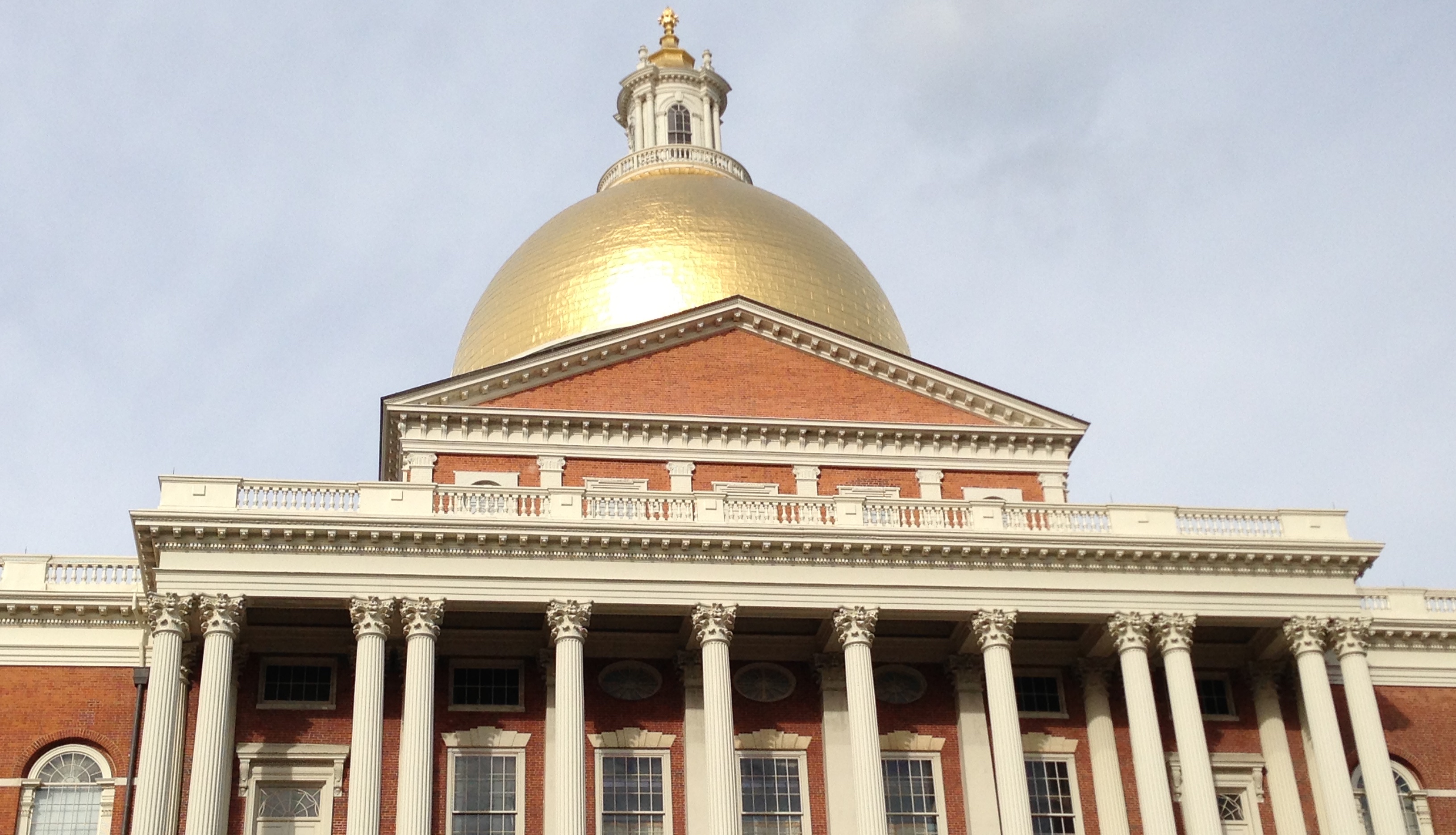WBUR
A spokeswoman for the Department of Energy Resources did not answer questions about why these benefits are delayed and why the MOR-EV website doesn’t list them under their section on what’s coming in 2023. But she did say in an email that the state is in the process of hiring a new vendor, and the department hopes to begin making these rebates available in the spring of 2023.
WBUR shared the new information with state Sen. Mike Barrett, an author of the law who was under the impression that all elements, with the exception of point-of-sale rebates, had been implemented.
“It is quite disappointing to realize that certain statutes that have been the law of the land here in Massachusetts since August of 2022 are being disregarded,” he said.
“All of us were [under the] impression that these provisions were effective along with other provisions.”


